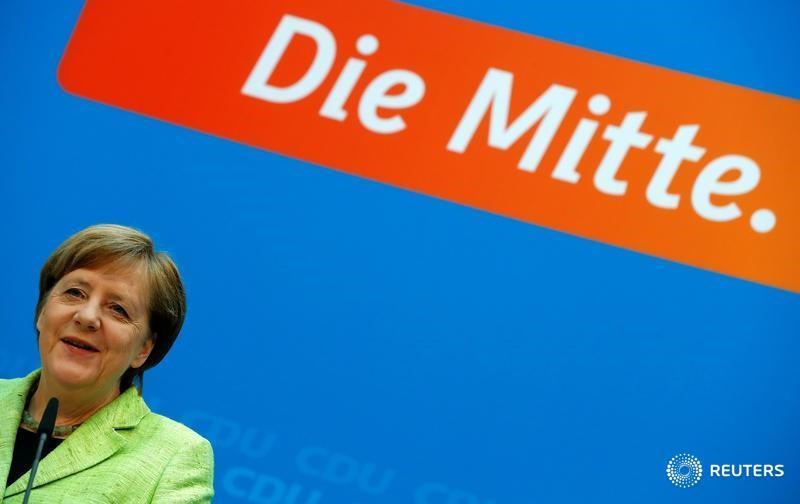LOS ANGELES (Reuters) - Japanese Finance Minister Taro Aso said the yen is vulnerable to rising political tensions over North Korea's missile program and development of nuclear weapons, and warned against extreme instability in the currency.
"We should always think about what the yen would be like if something happens in North Korea," Aso told a forum in Los Angeles on Monday.
The Japanese currency has been perceived as a safe-haven asset in recent years, which tends to be bought by global investors at a time of crisis.
Asked about such a view at the summit, Aso said while "the yen is said to be a safe-haven currency" the situation in North Korea made it "extremely unstable".
Tensions on the Korean peninsula have been high for weeks, driven by concerns that the North might conduct its sixth nuclear test in defiance of pressure from the United States and Pyongyang's sole major ally, China.
The dollar hit a one-month high against the yen, after U.S. Treasury Secretary Steven Mnuchin commented on the possibility of ultra long-term bond issuance. [FRX/]
Aso declined to comment on exchange rates, saying that currencies should be set by markets.
On trade negotiations with Washington, Aso said Japan and 10 other nations should push ahead with the Trans-Pacific Partnership (TPP) trade deal, excluding the United States.
"Now that the U.S. has decided to withdraw from TPP, we are thinking that it might be better for the remaining eleven countries to go ahead with TPP," Aso said.
While expressing a cautious view on the U.S. stance of shifting towards bilateral trade negotiations, Aso said Washington will eventually find it better to rejoin TPP although it will take some time.

"Because the twelve countries worked together, concessions were given to the U.S.," he said. "It's not a fact that the U.S. will be able to gain more from bilateral framework than TPP."